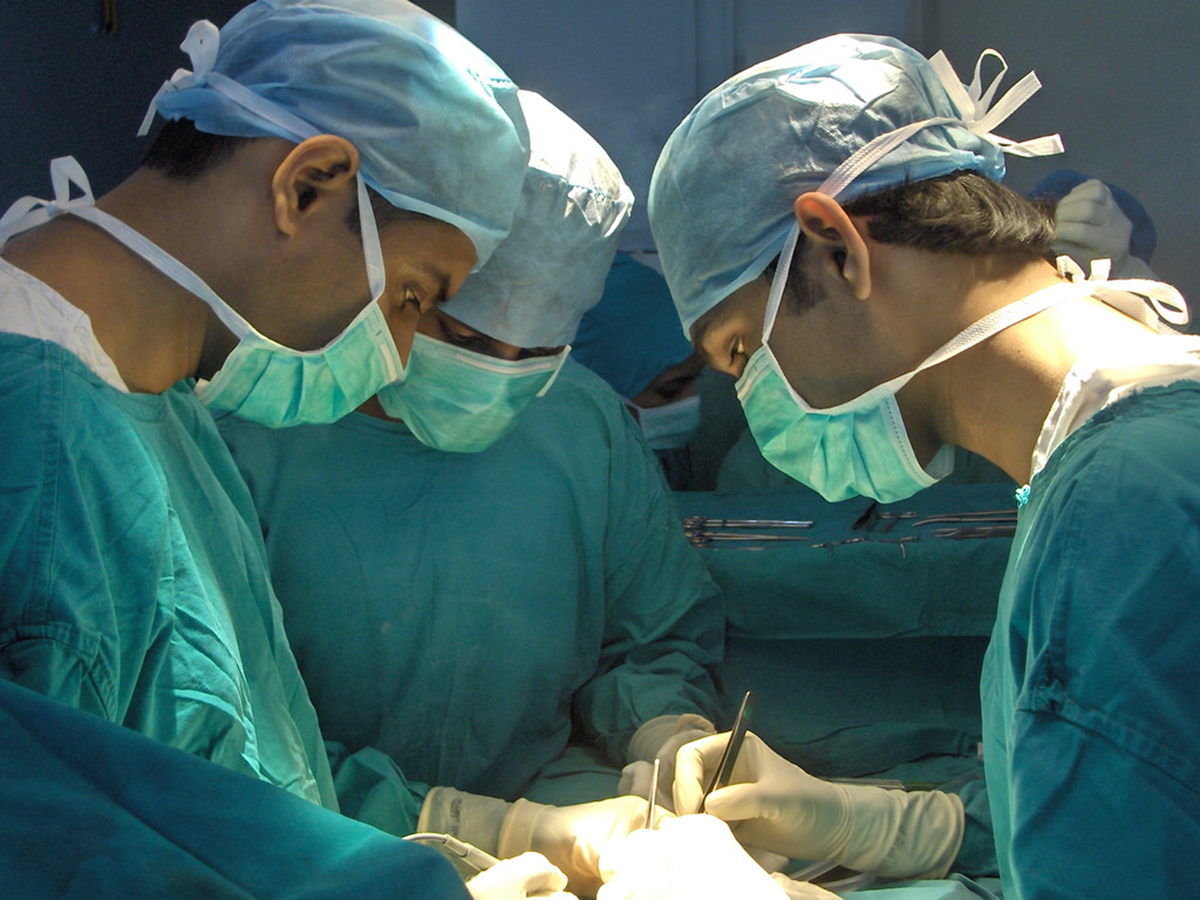Table of Contents
General surgery is the discipline where doctors diagnose certain conditions and manage them through surgical interventions. This can include opening, removing and/or re-attaching parts of the human anatomy in order to cure a patient’s condition. The most common surgery done worldwide is removal of the gallbladder, called a cholecystectomy, and this procedure can be done by a general surgeon. Like internal medicine, doctors who specialize in surgery can also sub-specialise in specific systems of the body.
In this section, we shall discuss the different surgical sub-disciplines when specialising in general surgery. They include the following disciplines:
- Trauma surgeon – these surgeons are usually called upon when an emergency procedure needs to be performed in order to try and preserve a patient’s life. These surgeries include emergency thoracotomies (opening up the chest) or laparotomies (opening up the abdomen) in order to control bleeding from large blood vessels due to a stabbing or gunshot. Emergency crycothyrotomies (gaining access through the neck from just under the thyroid cartilage) are also done by these surgeons when an emergency airway is needed. Trauma surgeons may also be consulted to perform an emergency removal of an appendix or colon if these tissues rupture.
- Laparoscopic surgeon – this is a relatively new discipline and makes use of laparoscopic procedures (using minimally invasive instruments) in order to reduce unnecessary scarring which can be left by performing more invasive surgical procedures. These procedures are used for elective and non-emergency surgeries, since the latter needs a sense of urgency which isn’t possible by using minimally invasive instruments. Laparoscopic surgery does offer a faster recovery time for patients, as well as less exposure to anaesthetic drugs, and this is what makes it quite popular amongst surgeons and patients.

- Breast surgeon – these surgeons focus on pathology involving the breast tissue in both men and women. The procedures they perform include minor ones, from removing small benign lumps, to removing all breast tissue together with lymph nodes in the axillae (armpits) for severe malignant breast cancers. Breast surgeons focus exclusively on non-cosmetic procedures pertaining to the breasts.
- Colorectal surgeon – specialist colorectal surgeons treat a wide variety of minor and major colon and rectal conditions. These include inflammatory bowel diseases (such as ulcerative colitis or Crohn's disease), diverticulitis, gastrointestinal bleeding, colon and rectal cancers and haemorrhoids. Treatment of these conditions can be done conservatively with medication, but may need surgical intervention if the issues complicate.
- Vascular surgeon – these surgeons diagnose and treat conditions which need surgical intervention and involve specific arteries and veins in the body. The most common vessels which are focused on include the carotid arteries and jugular veins in the neck, the aorta artery and vena cava vein in the abdomen and the peripheral arteries and veins in the upper and lower limbs.
- Endocrine surgeon – endocrine surgeons are trained to manage certain endocrine pathologies by removing all or part of organs such as the thyroid and parathyroid glands in the neck, insulin producing masses on the pancreas (insulinomas) and the adrenal glands that are situated just above each kidney in the abdomen.
- Cardiothoracic surgeon – these surgeons study in the field of surgery that involves the treatment of organs inside the chest. Thus, this surgical discipline involves the treatment of conditions of the heart and lungs. These surgeons perform procedures such as coronary artery bypass grafts, heart and lung transplants, heart valve replacements and excision of malignancies involving lung tissue.
- Paediatric surgeon – paediatric surgery involves performing surgery on fetuses, infants and children. In some countries paediatric surgeons also operate on adolescents and young adults. There are also sub-specialties of paediatric surgery itself and they include neonatal and fetal surgery.
There are other areas of surgery that also have paediatric specialties of their own that require further training and they include the following:
- Paediatric neurosurgery.
- Paediatric cardiothoracic surgery.
- Paediatric urological surgery (surgery on the child's bladder and other structures below the kidney necessary for ejaculation).
- Paediatric nephrological surgery (surgery on the child's kidneys and ureters, including renal or kidney transplantation).
- Paediatric emergency surgery.
- Paediatric hepatological and gastrointestinal surgery. This can also include liver and intestinal transplantation.
- Surgery involving fetuses or embryos (this overlaps with obstetric/gynaecological surgery, maternal-fetal medicine and neonatology).
- Paediatric orthopaedic surgery (muscle and bone surgery in children).
- Paediatric oncological (cancer) surgery.
- Paediatric plastic and reconstructive surgery (such as for burns or for congenital defects like cleft lip and/or palate).
- en.wikipedia.org/wiki/Specialty_(medicine)
- Photo courtesy of neccorp: www.flickr.com/photos/neccorp/14445634744/
- Photo courtesy of www.ilmicrofono.it: www.flickr.com/photos/115089924@N02/16070083419/
- Photo courtesy of nemesis_brr: www.flickr.com/photos/15441644@N03/1636647952/
- Photo courtesy of usstheodoreroosevelt: www.flickr.com/photos/usstheodoreroosevelt/10812487743/
- Photo courtesy of liverpoolhls: www.flickr.com/photos/liverpoolhls/10740309163/
- Photo courtesy of www.ilmicrofono.it: www.flickr.com/photos/115089924@N02/16070083419/
- Photo courtesy of 123rf.com - stock photos


Your thoughts on this